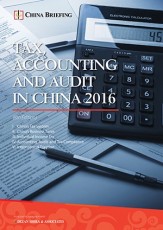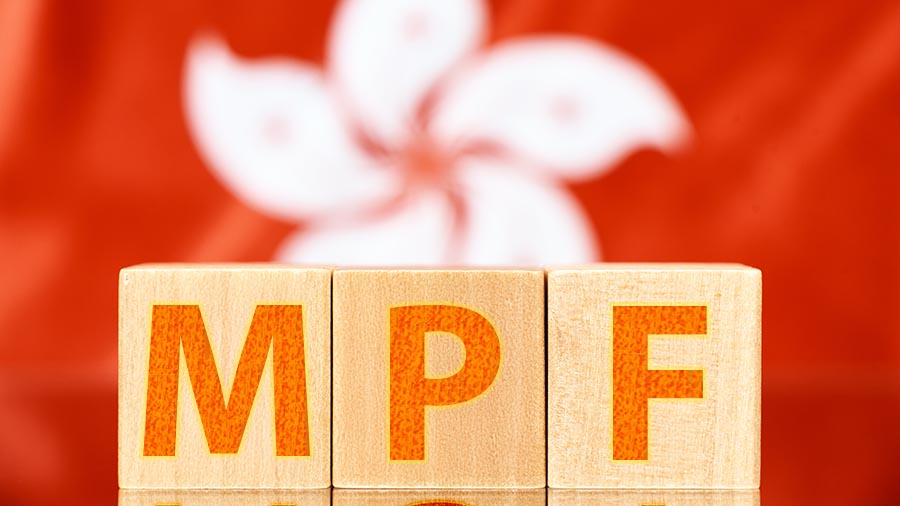Simplified Application Procedure for VAT General Taxpayer Status in China
By Dezan Shira & Associates
Editor: Rainy Yao
In China, value-added taxpayers are categorized into general taxpayers and small-scale taxpayers based on their annual taxable sales amount. While taxpayers with annual taxable sales exceeding the annual sales ceiling set for small-scale taxpayers must apply for general taxpayer status, newly established businesses and other companies whose annual taxable sales are below the ceiling may voluntarily apply for the status.
Although the VAT rate for small-scale taxpayers is much lower than that for general taxpayers, a general VAT taxpayer status allows companies to save considerable tax payments by deducting input VAT from output VAT. Moreover, only companies with a general VAT taxpayer status are allowed to issue special VAT invoices, a physical tax receipt that can be used as a credit against outstanding VAT liabilities. In practice, many buyers prefer doing business with a seller who has the capability to issue the special VAT invoice, as this special invoice can be used for their own tax deduction purposes.
In this article, we will walk investors through the simplified procedure for general VAT taxpayer status applications, as well as explain how to deal with VAT deduction problems before obtaining the status.
 RELATED: Tax and Compliance Services from Dezan Shira & Associates
RELATED: Tax and Compliance Services from Dezan Shira & Associates
Simplified Application Process after the VAT Reform
In March last year, the State Administration of Taxation (SAT) released new rules for the application of general VAT taxpayer status for implementation on April 1, 2015. Under the revised rules, taxpayers may become a VAT general taxpayer by submitting the tax registration certificate and an application form to the local tax bureau. The tax bureau will then check the tax registration information and finish the registration. Furthermore, along with the “three-in-one” business license reform (i.e., replacing the current tax registration certificate and organization code certificate with a special business license which has a unified social credit code on it), China’s tax bureau has simplified the VAT taxpayer registration process, clarifying that companies will no longer have the “general VAT status chop” stamped on their tax registration certificates/new version of business licenses starting November 2, 2015.
As a result, the time required to obtain general VAT taxpayer recognition has been substantially reduced from the previous 30 working days to around five. Previously, the application procedure also included an interview, an on-site inspection and the submission of a VAT general taxpayer verification form and invoice purchase licenses.
Taxpayers need to note that once they are accredited as a general taxpayer, they can never be converted back to small-scale taxpayers. Additionally, small wholesale companies (i.e., registered capital less than RMB 800,000 and staff less than 10) must pass a three-month probation period under a tax officer’s supervision to become fully certified general taxpayers. During the probation period, an applicant company is also able to purchase invoices from the tax bureau, but this can only be done in limited quantities.
Tax Deduction before Obtaining the Status
Generally, taxpayers are allowed to issue special VAT invoices and deduct input VAT from the next month the day after being certified as a general VAT taxpayer. So how should applicant companies awaiting general VAT taxpayer certification deal with VAT deductions after application?
In August, 2015, the tax bureau released an announcement clarifying tax deduction issues incurred during this period. The announcement stipulated that VAT deduction vouchers obtained during this period may be used for input VAT deduction after the company is accredited with the status, given that the company has not derived any income from manufacturing and business activities and hasn’t declared VAT based on the simplified calculation method.
In cases where VAT deduction vouchers cannot be verified pursuant to the prevailing regulations, the sellers/taxpayers will have to issue a special red-letter VAT invoice first – to reverse the sales and reissue the special VAT invoice afterwards. The Special Letter of the Customs Import VAT Payment obtained by taxpayers may also be used for input VAT deduction upon the verification carried out by the tax bureau.
|
Asia Briefing Ltd. is a subsidiary of Dezan Shira & Associates. Dezan Shira is a specialist foreign direct investment practice, providing corporate establishment, business advisory, tax advisory and compliance, accounting, payroll, due diligence and financial review services to multinationals investing in China, Hong Kong, India, Vietnam, Singapore and the rest of ASEAN. For further information, please email china@dezshira.com or visit www.dezshira.com. Stay up to date with the latest business and investment trends in Asia by subscribing to our complimentary update service featuring news, commentary and regulatory insight. |

 Tax, Accounting, and Audit in China 2016
Tax, Accounting, and Audit in China 2016
This edition of Tax, Accounting, and Audit in China, updated for 2016, offers a comprehensive overview of the major taxes that foreign investors are likely to encounter when establishing or operating a business in China, as well as other tax-relevant obligations. This concise, detailed, yet pragmatic guide is ideal for CFOs, compliance officers and heads of accounting who must navigate the complex tax and accounting landscape in China in order to effectively manage and strategically plan their China-based operations.
 Annual Audit and Compliance in China 2016
Annual Audit and Compliance in China 2016
In this issue of China Briefing, we provide a comprehensive analysis of the various annual compliance procedures that foreign invested enterprises in China will have to follow, including wholly-foreign owned enterprises, joint ventures, foreign-invested commercial enterprises, and representative offices. We include a step-by-step guide to these procedures, list out the annual compliance timeline, detail the latest changes to China’s standards, and finally explain why China’s audit should be started as early as possible.
Managing Your Accounting and Bookkeeping in China
In this issue of China Briefing, we discuss the difference between the International Financial Reporting Standards, and the accounting standards mandated by China’s Ministry of Finance. We also pay special attention to the role of foreign currency in accounting, both in remitting funds, and conversion. In an interview with Jenny Liao, Dezan Shira & Associates’ Senior Manager of Corporate Accounting Services in Shanghai, we outline some of the pros and cons of outsourcing one’s accounting function.
- Previous Article Vorbereitung für Chinas jährliche Prüfung: Compliance Anforderungen
- Next Article Terminating a Contract on the Grounds of Resume Fraud in China






























